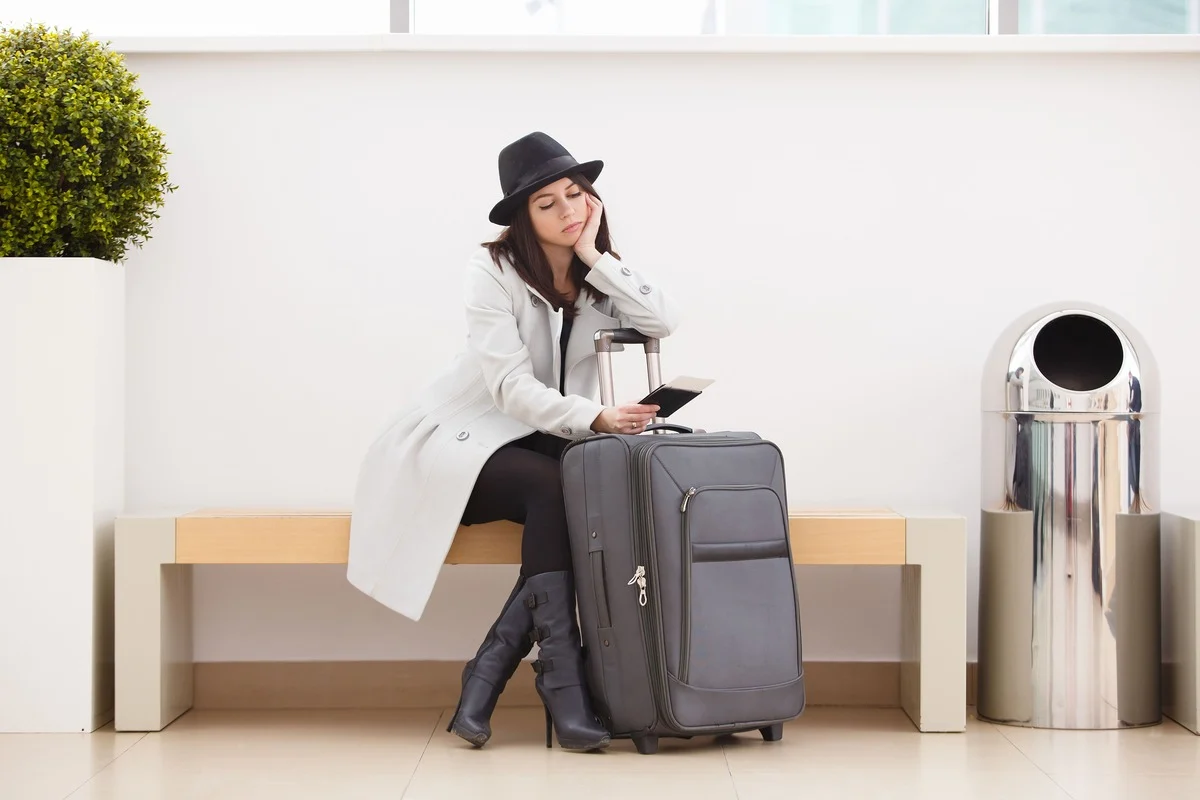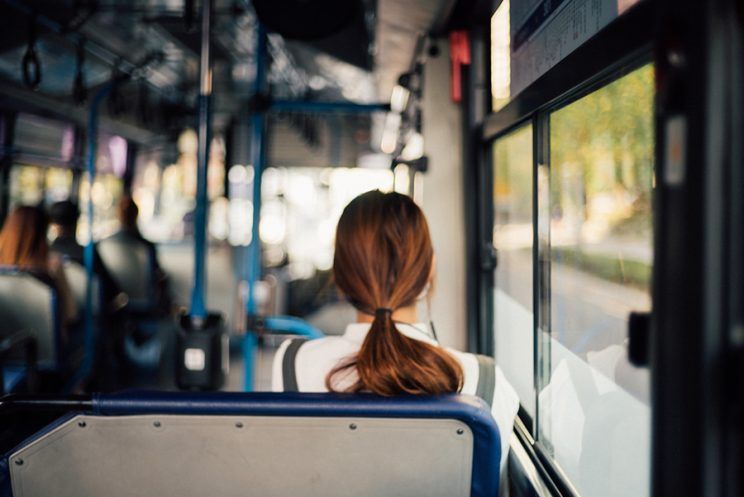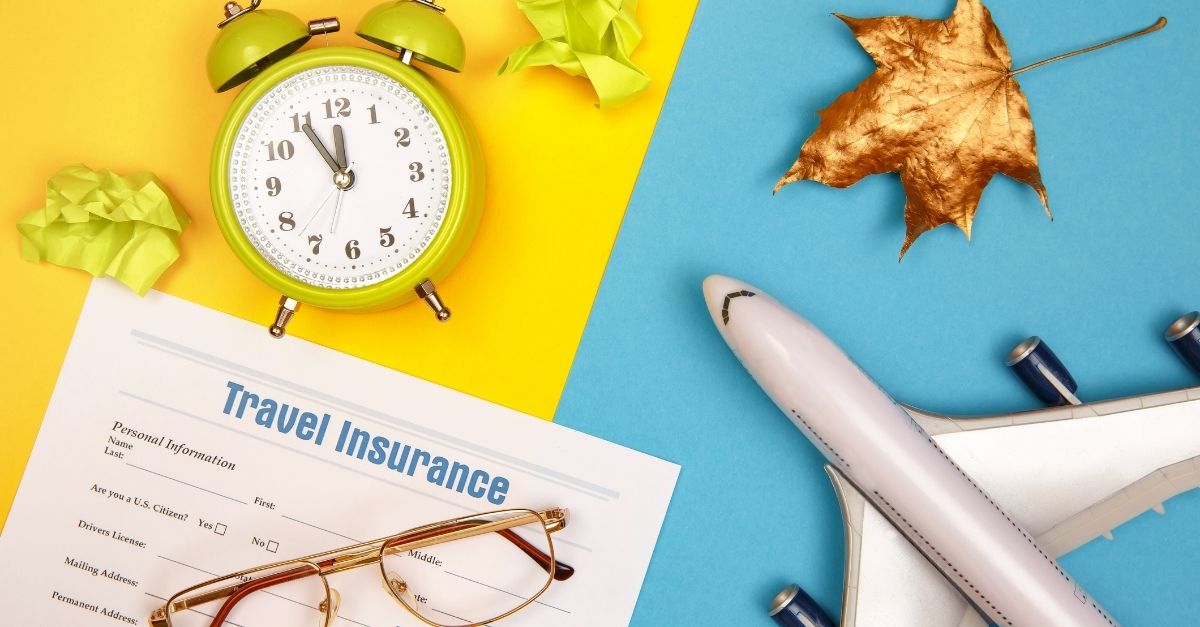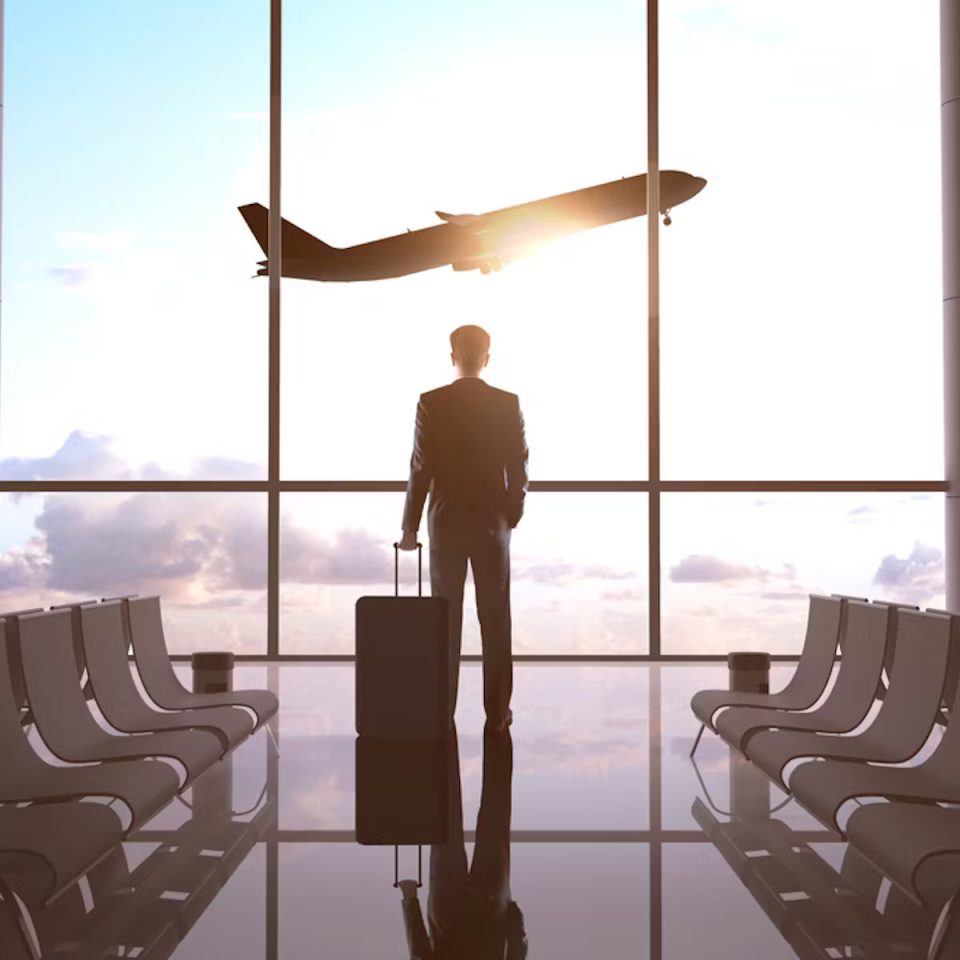Embarking on a journey to explore new lands, immerse in vibrant cultures, and create unforgettable memories is undeniably thrilling. But amidst the excitement, it’s crucial not to overlook the paramount importance of travel safety. From bustling city streets to remote wilderness, every traveler deserves a worry-free experience. That’s why we’ve curated a comprehensive guide to equip you with smart strategies that will safeguard your adventures. So fasten your seatbelts, prepare your passports, and let’s delve into the world of travel safety like never before!
Research and Planning

1. Conducting thorough destination research
When it comes to travel safety, knowledge is power. Before embarking on your journey, invest time in conducting thorough research about your destination. Familiarize yourself with the local customs, traditions, and cultural norms. Understand the social and political landscape of the place you’re visiting. This will help you navigate unfamiliar territory with greater ease and sensitivity.
2. Understanding local laws, customs, and cultural norms
Different countries have different laws and regulations, and it’s important to familiarize yourself with them before you arrive. Research specific laws pertaining to travel, such as visa requirements, driving regulations, and restricted items. Additionally, learn about local customs and cultural norms to avoid inadvertently offending or disrespecting the local population.
3. Checking travel advisories and warnings
Stay informed about the current situation in your destination by regularly checking travel advisories and warnings issued by your government or reputable travel organizations. These advisories provide important information regarding safety concerns, political instability, health risks, or natural disasters that may affect your travel plans. Adjust your itinerary or take necessary precautions based on the guidance provided.
4. Choosing safe accommodation options
Your choice of accommodation can significantly impact your overall safety during travel. Opt for reputable and well-reviewed accommodations in safe neighborhoods. Research customer feedback and ratings to gauge the reliability and security measures in place. Consider factors such as well-lit entrances, 24/7 security, secure locks, and proximity to emergency services. Additionally, read up on reviews or seek recommendations from fellow travelers to ensure a comfortable and secure stay.
Personal Security Measures

1. Keeping a low profile and blending in with the locals
While traveling, it’s important to avoid drawing unnecessary attention to yourself. Dressing modestly and blending in with the local culture can help you minimize the risk of being targeted as a tourist. Research the local attire and adhere to it to the best of your ability. Avoid displaying expensive jewelry or flashy gadgets that might attract unwanted attention.
2. Securing your belongings and valuables
One of the key aspects of personal security is protecting your belongings and valuables. Invest in a sturdy and reliable travel lock to secure your luggage, especially when you’re leaving it unattended. Consider using a money belt or hidden pouch to carry your passport, credit cards, and cash securely on your person. Keep a close eye on your belongings in crowded areas, such as airports, train stations, and tourist attractions.
3. Using locks and safes effectively
In addition to securing your luggage, make use of locks and safes in your accommodations. Lock your hotel room door when inside and use any additional security features provided, such as chain locks or deadbolts. Utilize in-room safes to store your passport, extra cash, and other valuable items when you’re away. It’s always better to be safe than sorry.
4. Being cautious with personal information and social media
In the age of social media, it’s essential to exercise caution when sharing personal information online. Avoid posting specific details about your travel plans, including exact dates and locations, as it can make you vulnerable to potential theft or privacy invasion. Be mindful of what you share on public platforms and consider adjusting your privacy settings to limit access to your personal information.
Transportation Safety

1. Researching reliable transportation options
Before your trip, take the time to research and identify reliable transportation options in your destination. Familiarize yourself with the local public transportation system, such as buses, trains, or subways, and understand their routes and schedules. Additionally, consider reputable private transportation providers, such as licensed taxi companies or reliable rideshare services available in the area.
2. Using licensed taxis or rideshare services
When using taxis, ensure that they are licensed and legitimate. Look for official taxi stands or use reputable taxi-hailing apps recommended by locals or fellow travelers. Verify the driver’s identification and license before getting into the vehicle. If available, opt for rideshare services that have a reliable reputation and built-in safety features, such as driver identification and trip tracking.
3. Being aware of common scams and frauds
Unfortunately, scams and frauds can occur in various forms in different destinations. Research and familiarize yourself with common scams that target tourists, such as overcharging, counterfeit currency, or fake tour operators. Be cautious of strangers offering unsolicited assistance or deals that seem too good to be true. Trust your instincts and exercise caution in unfamiliar situations.
4. Practicing safe habits while using public transportation
When using public transportation, especially during peak hours or in crowded areas, be mindful of your surroundings. Keep your bags and belongings close to you and be aware of potential pickpocketing. If possible, avoid displaying expensive gadgets or valuable items that might attract unwanted attention. Stay vigilant and ensure your personal safety while traveling on buses, trains, or other public transportation modes.
Health and Medical Precautions

1. Checking recommended vaccinations and health requirements
Before traveling to a new destination, consult with your healthcare provider or a travel health clinic to check for any recommended vaccinations or health requirements. Different countries may have specific immunization recommendations or mandatory vaccinations to prevent the spread of diseases. Stay up-to-date with routine vaccinations and discuss any additional vaccines needed for your destination.
2. Packing a well-stocked travel medical kit
It’s always wise to have a well-stocked travel medical kit with you during your journeys. Include essential items such as adhesive bandages, antiseptic wipes, over-the-counter pain relievers, diarrhea medication, antihistamines, sunscreen, insect repellent, and any prescription medications you require. Consider any specific medical needs you may have and pack accordingly.
3. Understanding local healthcare options and emergency services
Familiarize yourself with the local healthcare options available in your destination. Research hospitals, clinics, and pharmacies in the area and identify their locations and contact information. Additionally, find out the local emergency contact number, equivalent to 911, for immediate assistance in case of emergencies. Save these important numbers on your phone and keep a physical copy as well.
4. Obtaining travel insurance and understanding its coverage
Travel insurance is an essential aspect of ensuring your health and well-being while traveling. Evaluate different travel insurance options and choose a policy that provides comprehensive coverage for medical emergencies, trip cancellation or interruption, lost or stolen belongings, and other unforeseen circumstances. Read the policy carefully to understand the coverage, exclusions, and the process for making claims.
Communication and Emergency Preparedness
![]()
1. Informing someone of your travel plans and itinerary
Before you embark on your journey, make sure to inform a trusted family member or friend about your travel plans and itinerary. Share details such as your accommodation, transportation arrangements, and any planned activities. Provide them with copies of your passport, visas, and important contact numbers. Regularly check in with them during your trip to keep them updated about your well-being.
2. Registering with your country’s embassy or consulate
Registering with your country’s embassy or consulate in your destination country can be a valuable precautionary measure. Many countries offer registration services for their citizens traveling abroad. This allows the embassy or consulate to reach out to you in case of emergencies, provide safety updates, or offer assistance during unforeseen situations. Take advantage of this service to stay connected with your home country.
3. Saving emergency contact numbers on your phone
Before you leave for your trip, save important emergency contact numbers on your phone. These numbers may include local emergency services, the nearest hospital or clinic, your country’s embassy or consulate, and the contact information of your travel insurance provider. Having these numbers readily available can be crucial during urgent situations and ensure quick access to the necessary help.
4. Understanding local emergency procedures and resources
Take the time to familiarize yourself with the local emergency procedures and resources in your destination. Research the local emergency hotline number and understand how emergency services operate in that country. Additionally, identify the nearest hospitals, clinics, or medical facilities and know how to reach them. Being aware of these procedures and resources will enable you to act promptly and efficiently during emergencies.
Cultural Sensitivity and Respect

Respecting and appreciating the local culture is not only essential for fostering positive interactions but also contributes to your overall travel safety. Understanding and practicing cultural sensitivity ensures that you avoid inadvertently offending or disrespecting the local population. It is crucial to familiarize yourself with the cultural customs, traditions, and etiquette of your destination before you arrive. Respect dress codes, especially in religious sites or conservative areas, by dressing modestly and appropriately. Engage in respectful behavior by observing and following local practices, such as removing your shoes before entering homes or religious places.
Photography etiquette is another aspect of cultural sensitivity. Always ask for permission before taking someone’s photo, especially in more intimate or private settings. Be mindful of restricted areas where photography may not be allowed, such as certain religious sites or government buildings. It is also important to be aware of privacy concerns and not share photos or videos of individuals without their consent, particularly when it comes to vulnerable groups or children.
Conclusion
As you embark on your adventures around the world, remember that prioritizing travel safety is paramount. By implementing these smart strategies, you equip yourself with the knowledge and tools necessary to navigate unfamiliar territories with confidence and peace of mind. From conducting thorough research and planning, to taking personal security measures, practicing transportation safety, being prepared for health emergencies, and respecting local cultures, each step plays a crucial role in safeguarding your well-being while exploring new horizons. So, as you embark on your next journey, embrace the excitement and wonder that travel brings, but also stay vigilant and mindful of your safety. By following these strategies, you’ll not only create unforgettable memories but also ensure a safer and more enjoyable travel experience for yourself and those accompanying you. Bon voyage and safe travels!

